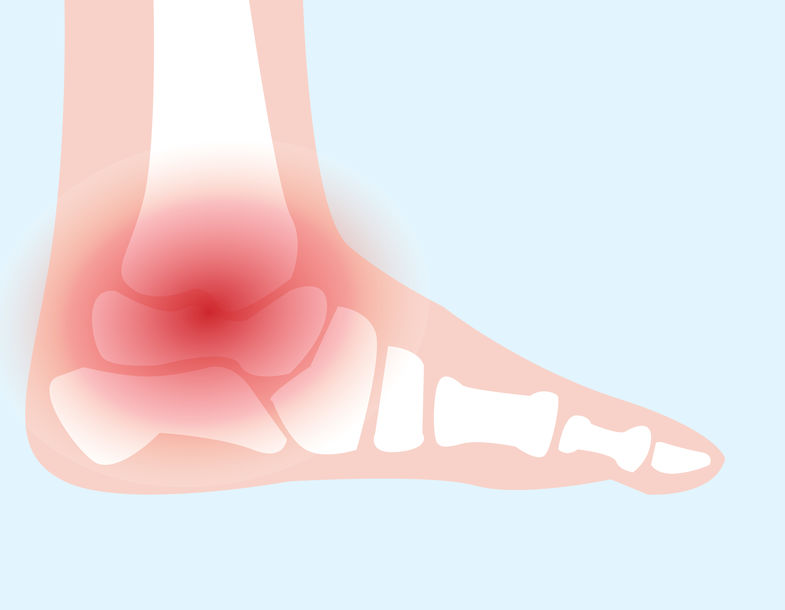
Targeting NFkappaB protects tendons from injury
Researchers from the UK and the US have prevented tendon injury and degeneration by simply blocking a key signalling pathway in inflammation.
Of the 32 million musculoskeletal injuries per year documented in the US alone, 45% are injuries to tendons, ligaments, or joint capsules – and the numberkeeps growing. A Scotch-US research team reports now that blocking an inflammatory pathway could prevent the degeneration and injury of tendons.
The results may pave the way to new treatments for tendinopathies. Tendinopathies represent almost a third of all doctor visits for musculoskeletal diseases and impose a major health and economic burden. For example, tendinopathy of the rotator cuff in the shoulder affects more than 17 million people in the US alone, causing chronic pain, disability and lost days at work. What’s more, treatment options for tendinopathies such as surgical repair can have failure rates ranging from 20% to 94%, underscoring the need for more preventative and therapeutic interventions.
Studies have indicated that inflammation plays a critical role in tendon degeneration and healing, but it is unclear whether inflammation is the cause or the result of chronic injury. Here, Leesa Galatz from University of Glasgow and Stavros Thomopoulos at Columbia University targeted the NF-?B pathway, which plays a central role in promoting inflammation and has been linked to the early stages of tendinopathy.
The researchers examined tendon samples from patients with rotator cuff tendinopathy and saw they displayed elevated activity of the NF-?B pathway, a finding mirrored in mouse tendon cells overexpressing the regulatory serine kinase subunit IKK?. Genetic deletion of IKK? in tendon in mice prevented maladaptive tendon remodeling in a treadmill running-induced overuse tendinopathy model and in a surgical model of tendon injury and repair, and human tendon stromal cells treated with an IKK? inhibitor showed repressed NF-?B target gene transcription. These results suggest that there may be therapeutic potential in blocking IKK?.


 ©FabienMalot
©FabienMalot Lonza Group
Lonza Group Vetter Pharma
Vetter Pharma